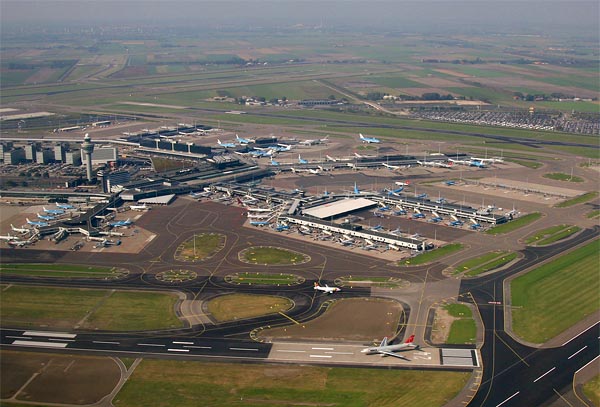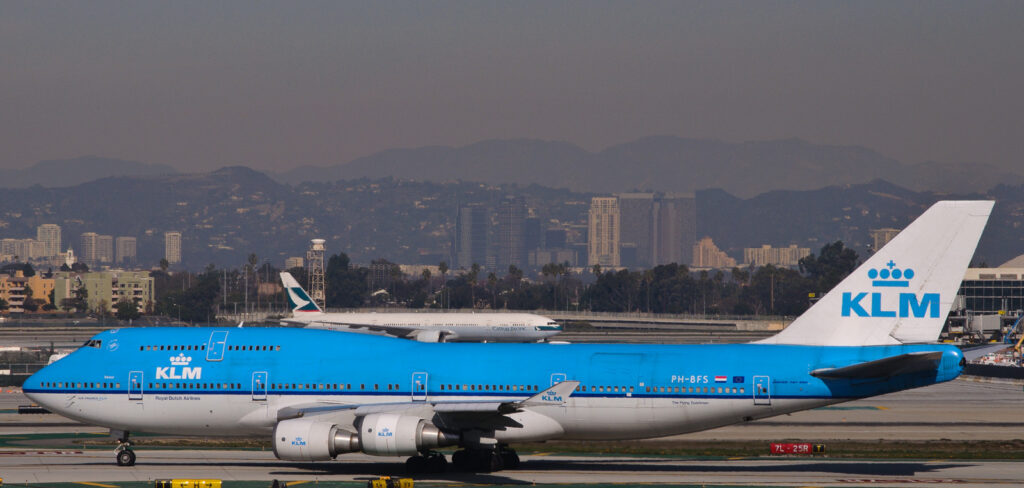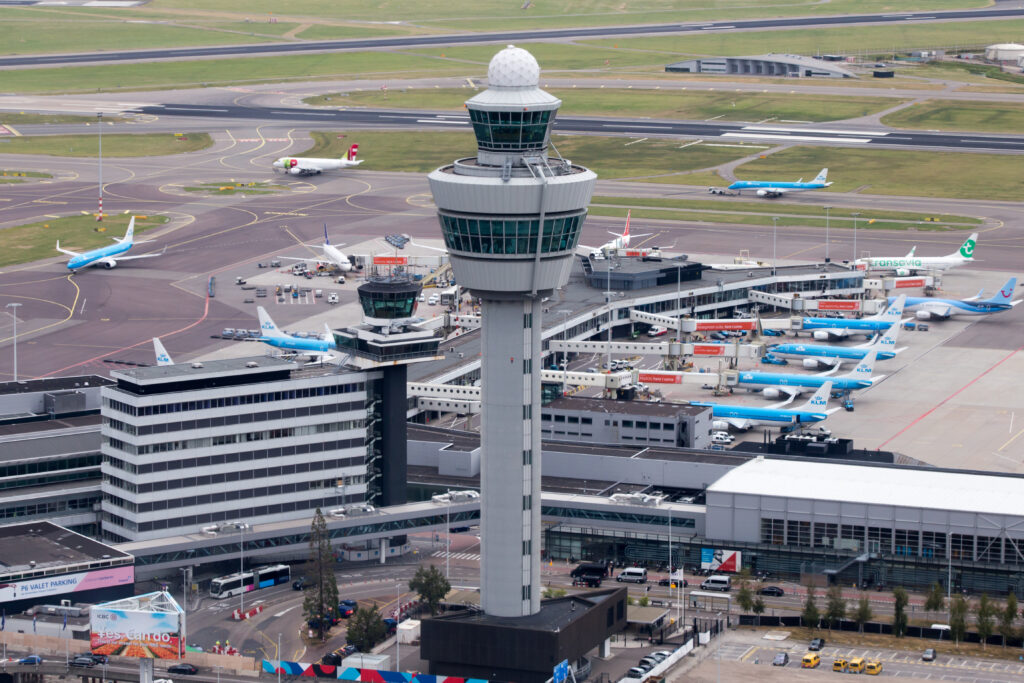
At Amsterdam’s Schiphol Airport, the third busiest airport in the world, the Dutch government bans overnight flights to cut off and reduce the noise pollution created by the loudest aircraft, such as the older Boeing 747-400. Loudest night flights are to be drastically reduced by 2025. These new proposals to reduce air traffic at night and ban the loudest private jets are fruitful plans to maintain a quiet and peaceful environment and protect residents from unhealthy noise pollution and airport-related nuisances.
Aim of the proposal
The Dutch government’s aim to have fewer night flights at Amsterdam’s Schiphol Airport by 2025 was discussed in a letter to parliament by the Infrastructure Minister, Mark Harbers. He pointed out that the number of flights at night would reduce from 32,000 to 27,000 next year. The loudest one would be banned from 11 pm to 7 am. The thoughts came after the local court ordered the government to take action. The aviation sector is asked to replace noisy and polluting aircraft parts to maintain an eco-friendly, sustainable environment in the sky. The major aim is to achieve a long-term reduction of aircraft noise and maintain a quieter and healthier environment around the airport.

Reaction of KLM Royal Dutch Airlines
The novel proposal also allows the airport to increase flight movements by up to 17,500 per year. Many people and airlines (such as the British airline EasyJet) believe the proposal is an effective approach. Meanwhile, the flag carrier of the Netherlands, KLM Royal Dutch Airlines, found it to be harmful and disproportionate.
As this will greatly impact cargo and passenger flights, Transavia is adversely disappointed along with other major airlines on services. Transavia is responsible for around 73% of landings and takeoffs from midnight to 5 am. KLM argues that the action can also be done without reducing the number of night flights at Schiphol Airport but by making noisy aircraft more expensive for passengers and cargo firms.
Statements from the officials:
The Infrastructure Ministry said in a statement:
“As of November 2024, KLM will voluntarily replace noisy aircraft at night with quieter ones.”
The Infrastructure Minister, Mark Harbers, added:
“I know that a higher number of flight movements disappoint many residents and that it can feel to them as if we are taking a different course. That is not true. Our goal is unchanged, but we are adjusting how we want to achieve it.”
Impact on Flights and passenger movements
Last year, the Dutch government limited flights to around 450,000 with Schiphol’s support, i.e., 10% below 2019 levels. After this proposal is applied effectively, Schiphol’s flight movements during the daytime will drastically increase. The new approach will increase the noise level during the day. Eventually, the airport’s total flight movements might reach upto 470,000 next year, i.e., growth of 2-4%.
Response from Local Residents
The residents around the airport are quite happy after officials announced a new proposal. However, they are worried about the potential rise in traffic and noise during the daytime. They are planning to claim 3 billion euros against the state for neglecting the noise regulations for a long time.

What is the Dutch government doing to reduce aircraft noise?
Schiphol and the Dutch government incentivize airlines by maximizing the fares connected with noisy aircraft. They are encouraged to adopt and prepare quieter aircraft to maintain sound relationships with the environment, airlines, local people, and the government. Some airlines are planning to redesign their aircraft to make them noise-free and pollution-free.
The government is doing this for the well-being of residents around the airport areas who are adversely affected by the noise produced by aircraft at night. This step indicates addressing residents’ noise pollution concerns. The government will monitor the flow of its plan and its effects and implementation effectively. This step will motivate airlines to review their limitations and lagging technology and to renew or rebuild their systems to make pollution-free with healthy flights. However, many factors, such as the environment, economy, and people’s thoughts, make the proposal complex and complicated to address and balance.
